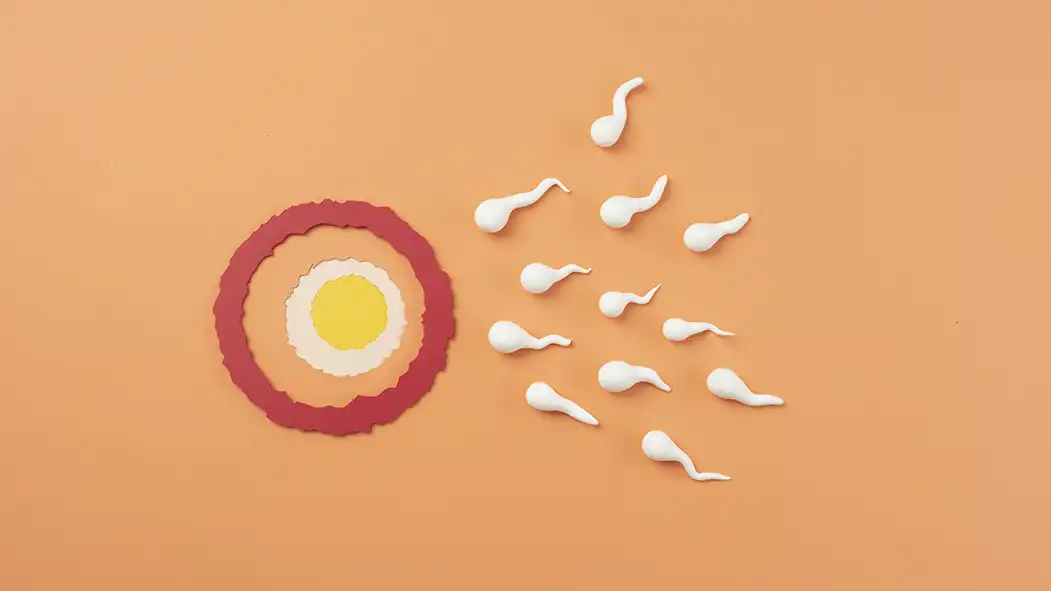Search Your Test

Many people today delay parenthood for personal, career, or financial reasons. However, age remains one of the most significant factors impacting fertility, especially for women. This guide explores how age affects fertility, the role of Anti-Müllerian Hormone (AMH), and steps to improve your chances of conceiving.
Why Fertility Declines with Age
Women are born with a finite number of eggs, and as they age, both the quantity and quality of these eggs decrease. This natural decline is most prominent after age 30, with a sharp drop from 35 onwards. By age 45, the chances of conceiving naturally become very low, even with fertility treatments.
Factors Contributing to Age-Related Fertility Decline:
- Egg Quality: With age, eggs accumulate chromosomal abnormalities, reducing their viability.
- Ovulation Changes: Ovulation becomes less frequent and irregular closer to menopause.
- Medical Conditions: Conditions like endometriosis or uterine fibroids become more common with age, impacting fertility.
- Increased Miscarriage Risk: The risk of miscarriage rises with age, especially after 40.
Fertility and AMH Levels
Anti-Müllerian Hormone (AMH) is a hormone that indicates ovarian reserve, or the number of eggs left. While AMH levels cannot directly determine fertility, they provide insight into egg quantity. Low AMH suggests a reduced egg supply, which could indicate an early approach to menopause, while high AMH may indicate conditions like polycystic ovary syndrome (PCOS).
AMH Testing:
- Estimates ovarian reserve, helping women understand their fertility timeline.
- Useful for family planning and egg freezing, especially for women considering delaying pregnancy.
Fertility by Age: What Are the Chances?
- In Your 20s: High fertility with around a 25% chance of conception per cycle.
- 30s: A gradual decline begins, with fertility decreasing sharply after 35.
- 40s: Chances of conception drop significantly, with increased pregnancy complications and miscarriage risk.
Tips to Improve Fertility at Any Age
While age is a significant factor, adopting a healthy lifestyle can help support fertility:
- Maintain a Healthy Weight: Being underweight or overweight can affect hormone balance and ovulation.
- Quit Smoking and Limit Alcohol: Smoking damages eggs and can lead to early menopause, while excessive alcohol can disrupt hormone balance.
- Manage Stress: High-stress levels can impact ovulation; stress-relief techniques like yoga and meditation may help.
- Consider Timing and Frequency: For optimal results, engage in regular intercourse, ideally every 2-3 days.
The Role of Egg Freezing
For those not yet ready to have children, egg freezing offers a way to preserve fertility. Freezing eggs during peak reproductive years can increase future pregnancy chances, as these eggs retain the age at which they were frozen.
Conclusion
Understanding how age affects fertility can help in making informed family-planning decisions. Testing AMH levels, adopting a healthy lifestyle, and considering egg freezing can empower individuals and couples to better plan their reproductive futures.

